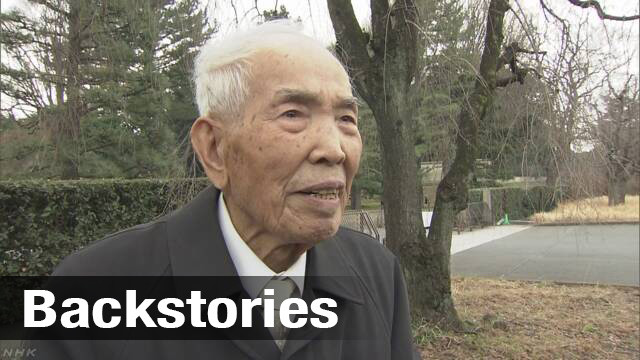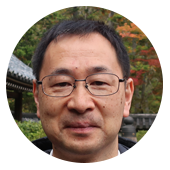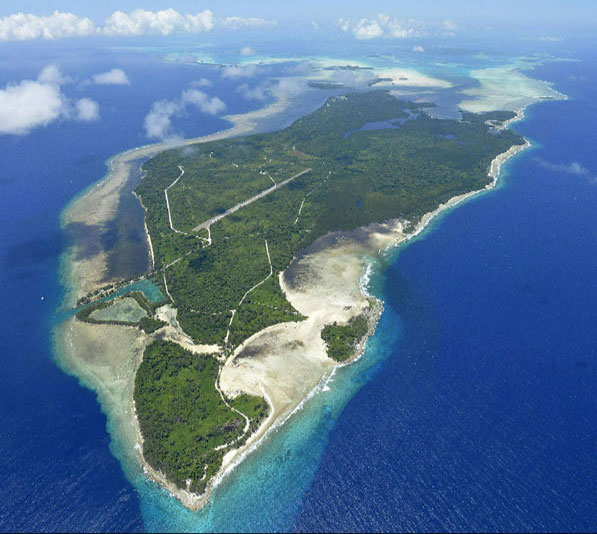
The small island is located about 1,000 kilometers east of the Philippines. One of the bloodiest battles of the war was fought there between the former Japanese Imperial Army and US forces. It raged from mid-September through late November in 1944.
Despite their continued resistance, nearly all of around 10,000 Japanese troops died, overwhelmed by the massive American forces.
At the end of the fighting, Nagai and other survivors hid in caves and tunnels for two and a half years until April 1947. Nagai was the last of a total of 34 survivors.
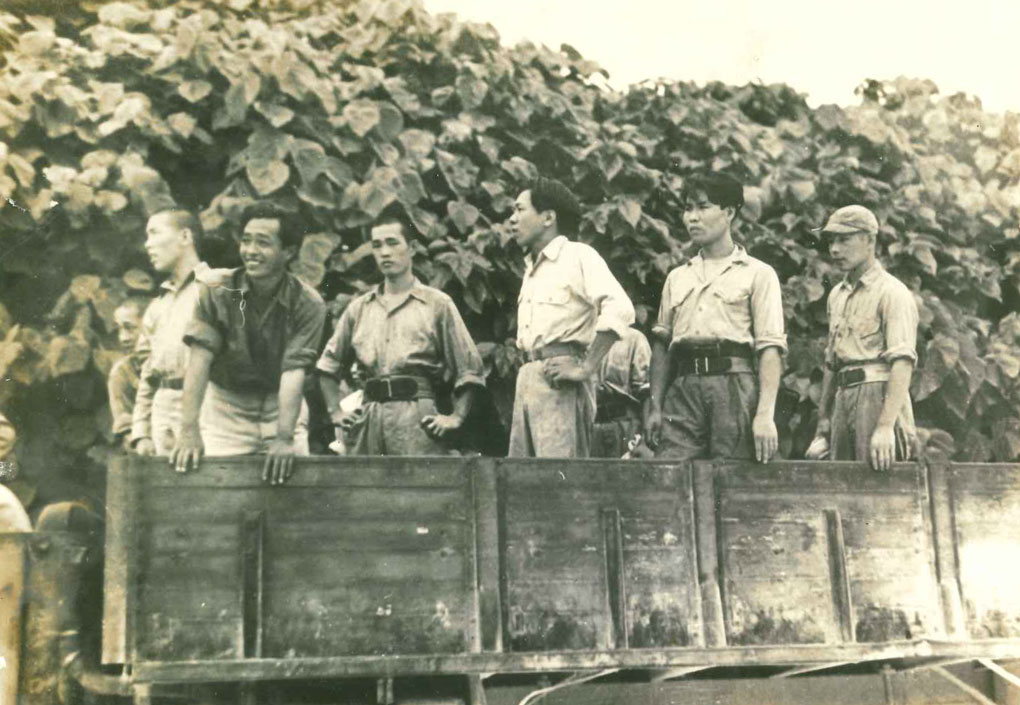
Varied life
Nagai was born in summer 1921. He enlisted in the army in Mito, north of Tokyo, in 1940 and was assigned to Manchuria in northeastern China as a border guard, before being dispatched to Peleliu in 1944. After he returned to Japan, he went into business, running a Japanese confectionary store.
I became acquainted with Nagai when I was a reporter at NHK Mito from 2014 through 2017. He was always accommodating when I called him to ask questions about the war.
He was in his yard most of the times I visited his home, putting out laundry or gardening. He said he did the laundry and cleaned the yard by himself. I suspected his physical strength was part of the secret of his survival on the island.
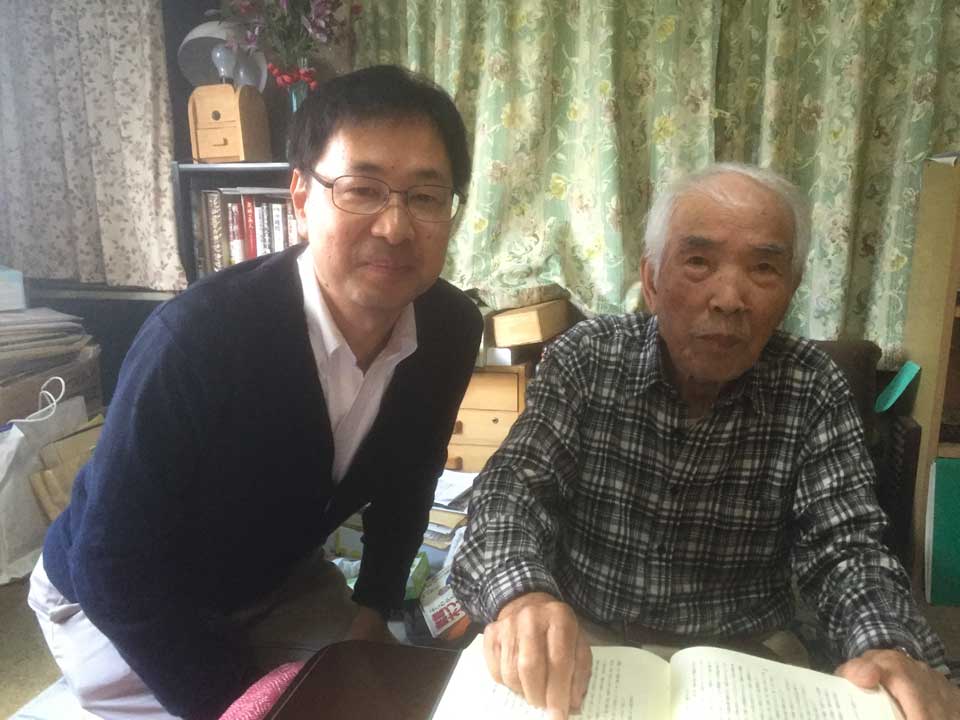
Horrors of war
Nagai looked stern whenever he was speaking about the war. He would look me in the eye and enunciate each word: "Nothing is more miserable than war. I never want to go to war again. Never, ever resort to war."
Nagai said the US naval bombardment before their landing was the most terrifying part of the battle. He said "I was ordered by the Emperor to serve as a Pacific 'seawall,' which I was in a true sense. Any one shot we fired was matched by dozens from the enemy. Later, I saw the beach littered with the bodies of my comrades."
Nagai attributed his survival to having stayed away from the mountainous terrain. He said he would hide near US troops and steal food after dark.
"I had no other choice but to turn to my enemies' food," he said. "I would locate their food stores during the daytime and sneak in at night. Nothing is tougher than a battlefield where you have to fight for a week or 10 days straight without food and water."
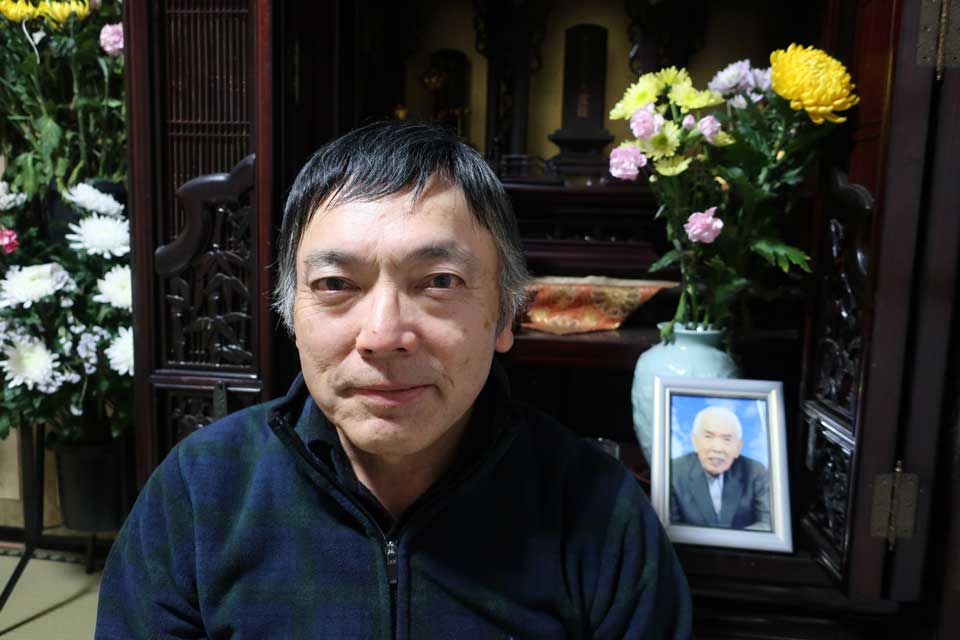
Nagai's son, Hiroshi, says that years later his father would rave about the food he stole: "The canned sausages were just the best!"
I asked Nagai what he had in mind while he was in hiding. "We expected Japanese troops to come to recapture the island," he said. "We never imagined Japan would lose the war. That's why we hung on so long."
When I was talking with Nagai, I always felt that I should avoid terms like "surrender" or "giving up." He seemed to have maintained his pride as a soldier right through his life.

Nagai cherished a piece of coral he brought back from the island on a visit to collect the remains of his fallen friends. He kept the memento on a shelf in his living room. He stressed its significance as being from the island where his barrack mates died after going through misery.
Nagai's family remember him often saying how he was heartbroken when he saw fellow soldiers in their early twenties die one after another. I remember seeing books on the Battle of Peleliu in the living room and believe Nagai never had a day in his life when his mind didn't turn to those dark memories.
Strong Constitution
In my conversations with Nagai, I was most impressed with his deep respect for Japan's war-renouncing Constitution at a time when the public is debating moves to amend it.
"Why should we amend the Constitution we have?" he said. "It's something we should be proud of." That brief statement is burned into my memory as the belief of a survivor of one of the hardest-fought battles of the war.
Meeting the Emperor
Nagai was invited to the Imperial Palace twice to meet Emperor Akihito and Empress Michiko. The first time was in March 2015, about two weeks before the Imperial couple's visit to Peleliu.
Nagai said the Emperor thanked him for his long years of service. He said he was surprised by the Empress's knowledge of his confectionary business when she asked him if he had difficulties after the war when sugar was scarce.
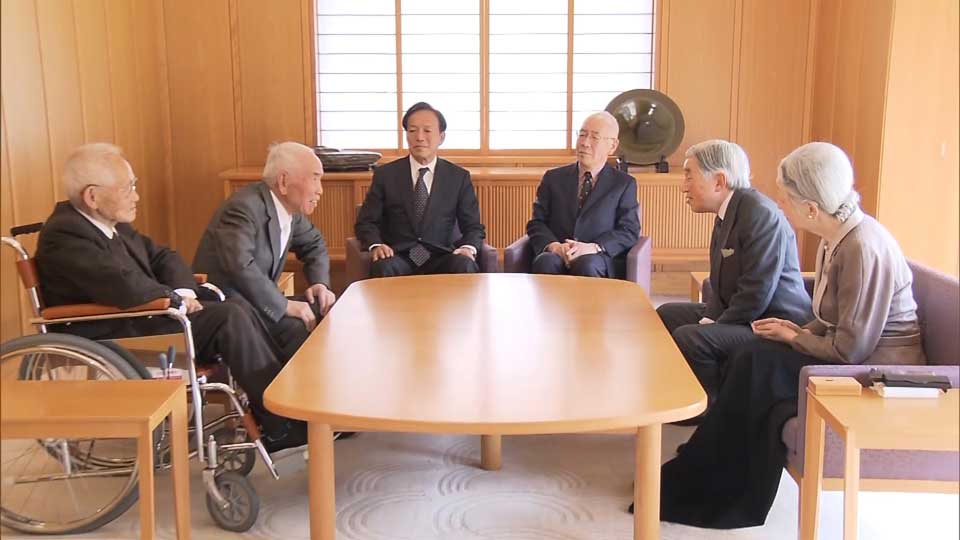
Nagai met for a second time this February at a tea party marking the Emperor's 30 years on the throne. Nagai battled poor health to attend, encouraged by his son's words: "This is a once in a lifetime opportunity."
Nagai said he conveyed his gratitude to the Emperor for his visit to the island. Hiroshi said his father was very happy that the Emperor had remembered him. He still couldn't believe he, a former foot soldier, had been invited to the Imperial Palace twice.
According to Hiroshi, his father was hardworking and uncompromising in his business after the war. He says his father never directly told him to study, but he let his feelings known by throwing away plastic models he had been playing with.
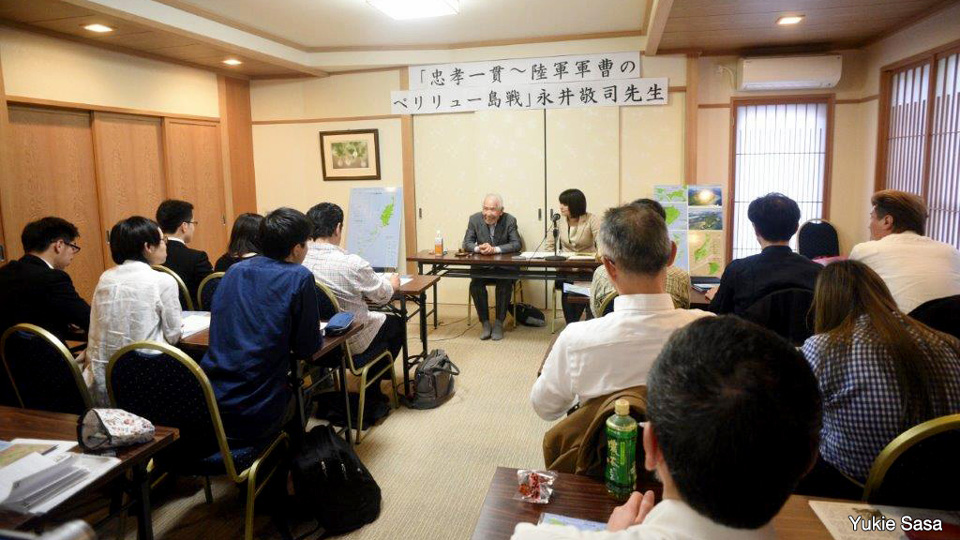
The Emperor's visit to Peleliu apparently prompted Nagai to become more active in sharing his war experiences at seminars, including one in Tokyo in April, where he spoke to young audience about the misery of war. It was his last public appearance before his death.
For me, Nagai has left us a legacy we need to take to heart if we're to avoid future generations suffering in the way he and his comrades did.
